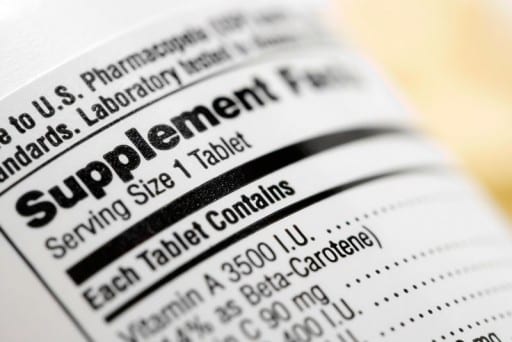Bariatric vitamins are specifically formulated for those who have had weight loss surgery. Standard vitamins aren’t manufactured to meet the needs of the post-bariatric patient. No matter what type of weight loss surgery you have, you’ll most likely need to take nutritional supplements everyday for the rest of your life.
Why Do Weight Loss Surgery Patients Need to Take Vitamins?
Vitamins and minerals ensure your body can carry on its vital functions such as regulating metabolism, thyroid function, brain activity, appetite, energy and more.
Eating nutritious foods is the best way to get vitamins and minerals. Bariatric patients, however, need to supplement their diet with additional vitamins and minerals. After surgery you will be eating less food. In addition, your body won’t absorb nutrients as before.
Some procedures, such as gastric bypass and duodenal switch, are restrictive as well as malabsorptive. With these surgeries, you risk malnourishment if you don’t take supplements.
What Kind of Supplements Should I Take After Surgery?
Your health care team will determine which supplements are right for you. In follow-up appointments, lab tests will monitor your health and nutrition. Some commonly taken supplements after surgery are multivitamins, vitamin B12, calcium and iron.
Why Do I Need Bariatric-Specific Vitamins?
Vitamins can be hard on the digestive tract. This is true for anyone, not just weight loss patients. Since the digestive tract is more sensitive after surgery, it’s important to take supplements that are easy to digest and free from sugars. WeightWise carries a number of complete, highly digestible supplements.
What Happens If I Don’t Take Supplements?
You risk developing a vitamin or mineral deficiency if you don’t take the supplements recommended by your dietitian. This is as true ten years after your surgery as it is in the weeks following your procedure. Your digestive tract will never absorb nutrients in the same way as it did before it was altered. To maintain energy and health, you must be dedicated to good nutrition including taking vitamins and minerals.
Here are some of the problems associated with deficiencies of the following nutrients:
- Vitamin A: problems with eyesight and infections
- Vitamin B12: fatigue, anemia
- Calcium: osteoporosis
- Vitamin D: liver, kidney and bone problems
- Vitamin E: anemia, neurological problems
- Vitamin K: osteoporosis, heart disease, bruising
- Iron: anemia, fatigue, hair loss
- Thiamin: problems with heart, digestive and nervous system
- Zinc: hair loss, brittle nails
Weight loss surgery is just the beginning of your journey to a healthier life. At WeightWise we’re committed to helping you succeed before, during and after your surgery. To learn more about our services, attend one of our free informational seminars.



